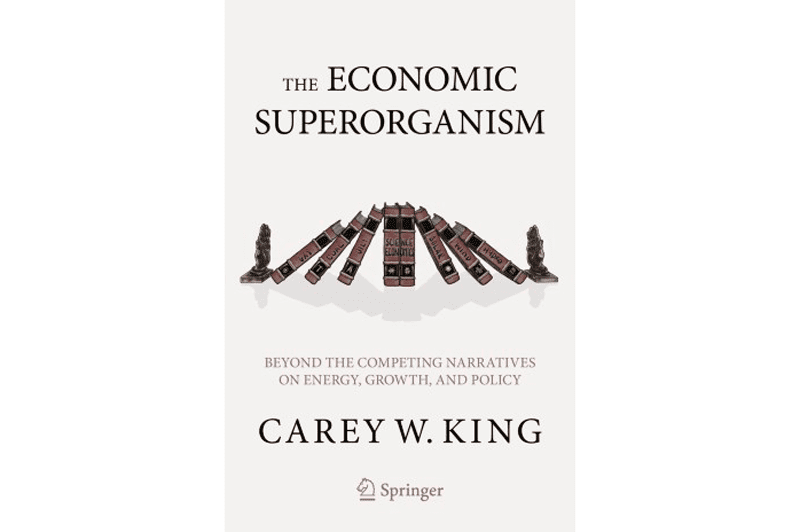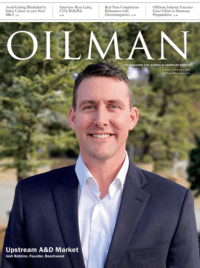To understand and perhaps guide the purpose of our economy, economists and scientists think about future energy-economic options by mixing laws and theory (scientific, legal, socio-political and economic) with data by inserting them into a computational oven of some sort that spits out results for interpretation. Depending upon the knowledge and worldview of the critic interpreting the results, as well as the quality of input ingredients, the results are described anywhere from an elegant soufflé to a half-baked pile of soggy dough.
If the taste and shape of our energy and economic dessert does not meet our expectations, then how do we know whether or not the ingredients were combined incorrectly, the oven is broken, the recipe is poorly designed or we just simply can’t get what we want? If we determine we can’t get the result we want, and if we just change the inputs and assumptions to get our desired result, will anyone notice? After all, “it’s complicated,” right?
At some point in the process of mixing and baking the ingredients that will rise into our future, we go from historical energy and economic data to energy and economic narratives. Somewhere between physical laws and data lies the theoretical economic oven, or “black box,” that uses a mathematical equation or computational algorithm to convert inputs to outputs, data to information. We use these black boxes, or models, to help us peer into the future, to learn and project what enables future prosperity or poverty, to better understand how different the world might be if powered by fossil [fuels] versus renewable energy. Sometimes people don’t even use a black box, but only the intuition they believe they have within their gray matter, or brain. Sometimes a reasonable argument is made, sometimes not. For better or for worse, people with gray matter design our computational models and black boxes. These people, all of us, are affected by our cultures, our languages, our environments and our narratives. For more information visit www.careyking.com.
Dr. Carey W King performs interdisciplinary research related to how energy systems interact within the economy and environment as well as how our policy and social systems can make decisions and tradeoffs among these often competing factors. The past performance of our energy systems is no guarantee of future returns, yet we must understand the development of past energy systems. Carey’s research goals center on rigorous interpretations of the past to determine the most probable future energy pathways.







